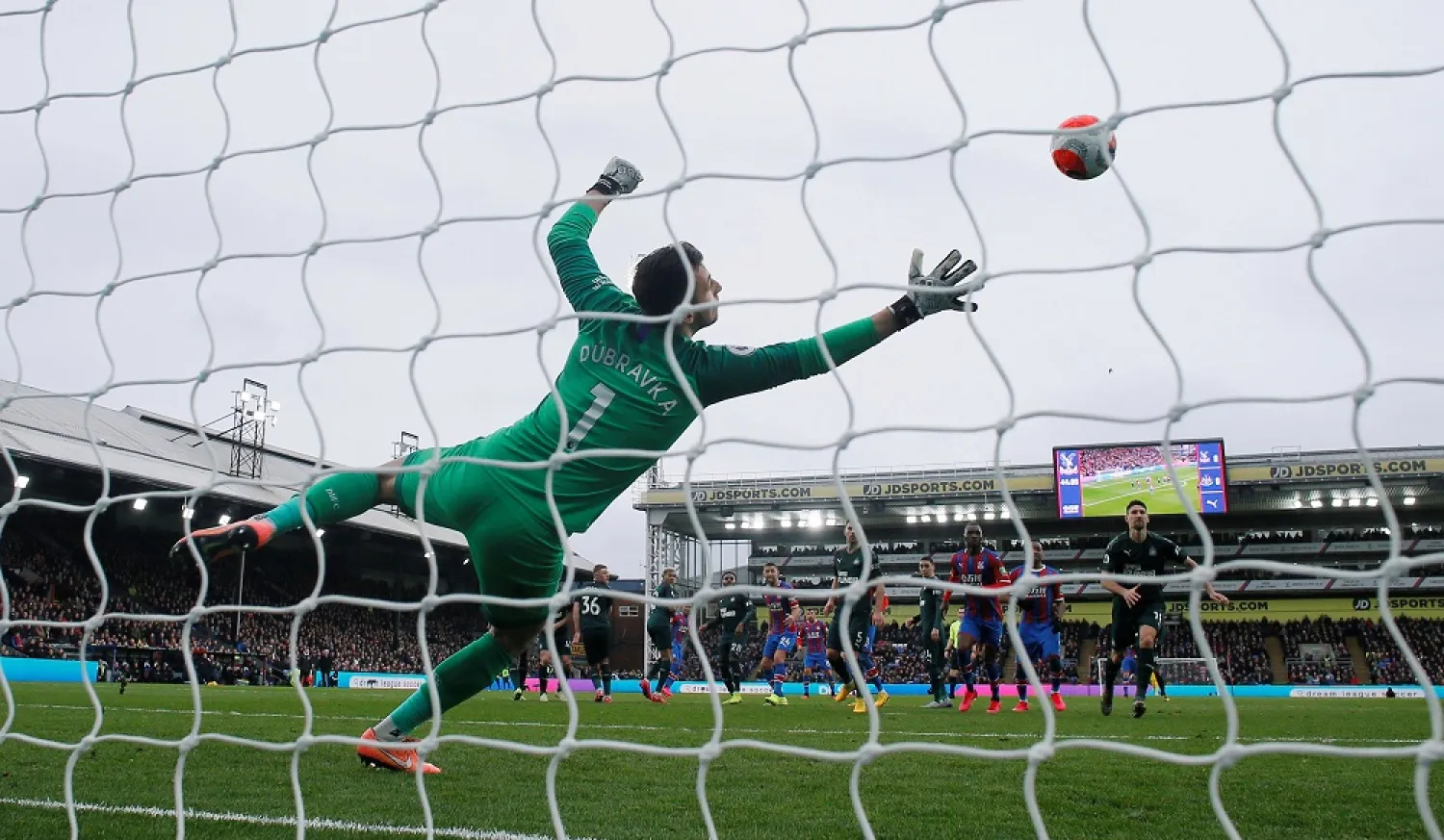Steve Bruce sits in Rafael Benítez’s old chair in the center of the room where his predecessor once held court. The walls are still the same color, the furniture has not moved and the vending machine in one corner remains temperamental but, these days, the mood is very different.
Where Newcastle’s former manager entertained his audience with colorful off-the-record tales of, among other things, Cristiano Ronaldo, the Neapolitan Camorra and Marcelo Bielsa, Bruce has recently faced some awkward journalistic inquiries? “Have you been lucky?”, “Are you in a false position?” and “Is playing this way sustainable?” are just three sample questions from recent media debriefs.
Despite the loss against Crystal Palace on Saturday, Newcastle is a team defying gravity sitting in 14th place with 31 points.
Benítez used to delight in, repeatedly, reiterating a pet theory. “Football is one big lie,” he claimed. “In football everything is a lie.” Some Newcastle fans fear the Dalian Professional manager’s thesis extends to the Premier League table. Is the points column telling a big fat fib about their team’s capabilities and Bruce’s management? After all, judged on almost every conceivable metric – possession, touches, pass completion, goals scored, chances created, chances conceded and accurate crosses – Newcastle rank among the top tier’s bottom three teams. If anyone requires a perfect definition of “conundrum” they need only buy a ticket at St. James’ Park.
Or is this extremely harsh on Bruce who, given the limitations of inheriting a squad widely tipped as relegation certainties last summer, has done an ostensibly impressive job? His side may be low on quality, pace and creativity but sterile statistical analysis does not reflect their invariably indefatigable spirit, resilience and togetherness. Let alone the cleverness and discipline of much evidently well-coached defending.
Bruce is generally warm and affable, rarely losing his sense of humor or proportion, but the suggestion he is a lucky general represents a red line he describes as an “insult”. Yet some disappointing recent results, culminating in Saturday’s defeat and a 0-4 thumping against Arsenal a weekend earlier, have provoked fears fortune could finally be frowning and Newcastle regressing to the point where they will be “found out” and sucked into relegation waters.
“We’ve done OK,” says Bruce. “We’ve had huge injury problems but shown incredible resilience. Our results can’t be a fluke, not over 26 games, anyway. The players have resilience and pride. They’re a good set who roll up their sleeves and make sure they have a go; when you’ve got a team like that, you’ve always got a chance.”
Newcastle – seven points ahead of third-bottom West Ham – routinely command around 30% possession and have seen Martin Dubravka, their outstanding goalkeeper, make more saves than any other Premier League counterpart.
If Dubravka appears increasingly indispensable the way his teammates weather countless attacking storms also reflects Bruce’s intelligent man-management of players previously in thrall to the much respected, and trusted, Benítez. The Spaniard remains the elephant in the room, not least because he patented the safety-first, contain and counter, painting by numbers, 3-4-3 system swiftly copied by Bruce.
Following heavy early season defeats at Norwich and Leicester, the latter felt he had no option but to abandon a high-risk experiment with a back four and more aesthetically pleasing “progressive” passing.
Yet where, last season, Newcastle’s deep defending was perceived as part of a refined tactical plan, their interminable back-pedaling is now interpreted as a consequence of sheer inability to retain possession. That may be a case of invidious managerial comparisons but it is also legitimate to ask whether Bruce has taken pragmatism to the point where aspirations have dropped and players are underachieving. His advocates hint that the side’s dependence on that counterattacking default mode reflects a Benítez “brainwashing” but such semantics mask the reality that teams are only as good as their strikers.
Joelinton has lacked decent service but the £40m Brazilian center-forward – scorer of one league goal – is a definite downgrade on Salomón Rondón, his predecessor. Tellingly half Newcastle’s 24 league goals have been scored by defenders.
Considering the peculiar backdrop of Mike Ashley’s idiosyncratic ownership and frequently restrictive recruitment policies, the “beauty contest” simmering between Benítez loyalists and Bruce disciples arguably appears pointless and disrespectful.
With takeover talk receding, Bruce seems stuck with Ashley and “Rafa-ball”. Given that imperfect context, he has surely earned the right to claim the league table does not lie.
The Guardian Sport









